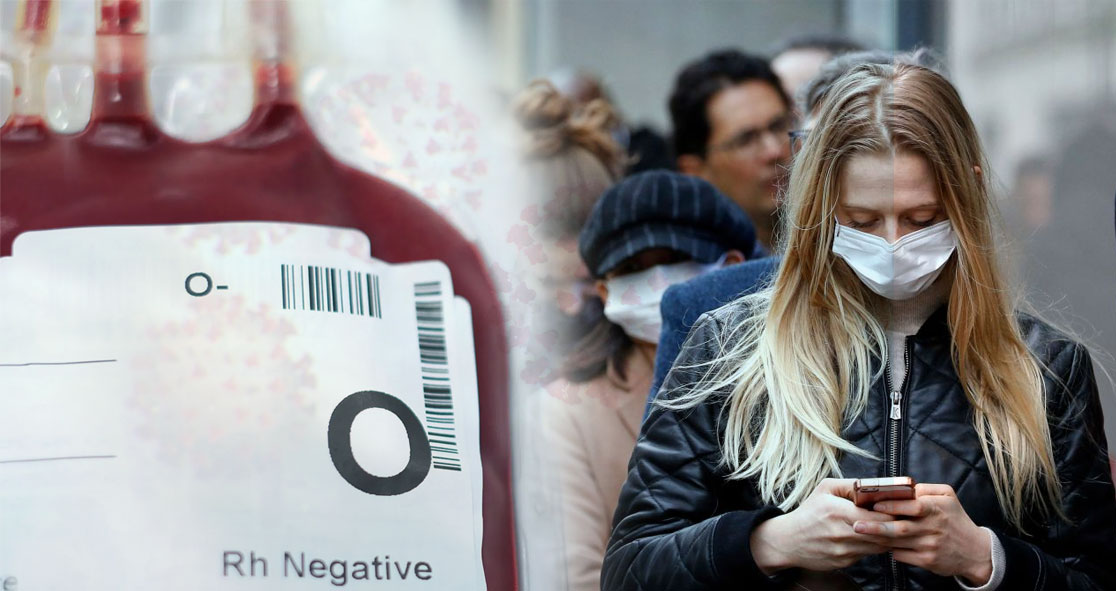Two new studies, published Wednesday in the journal Blood Advances, suggest that people with blood type O may have a lower risk of catching COVID-19 infection.
The studies also found that people with blood group O may have a lower risk of severe outcomes, including organ complications, if they catch the virus.
As the pandemic continues to grapple the whole world, researchers are leaving no stone unturned when it comes to identifying coronavirus risk factors and developing potential vaccines and drugs.
The role of blood type in predicting the risk and complications of COVID-19 has egressed as one of the important scientific questions. The new studies have found the potential association between blood type and risk of COVID-19; however, more studies are required to better understand why there is such a link.
The researchers of both studies said blood type O may offer some protection against COVID-19.
They looked at Danish health registry data from over 473,000 people who tested positive for COVID-19 and compared it with data from a control group of more than 2 million people from the general population.
The researchers found that among people who tested COVID-19 positive, very few were with blood type O and more people were with blood types A, B, and AB.
The findings suggest that people with blood types A, B, or AB may be at higher risk of catching the coronavirus than those with O type.
Study author Dr. Torben Barington of Odense University Hospital and the University of Southern Denmark said, “It is very important to consider the proper control group because blood type prevalence may vary considerably in different ethnic groups and different countries.”
“We have the advantage of a strong control group – Denmark is a small, ethnically homogenous country with a public health system and a central registry for lab data — so our control is population-based, giving our findings a strong foundation,” he added.
Furthermore, the studies found that people with blood types A and AB were associated with an increased risk of severe clinical outcomes of COVID-19 infection than people with blood groups O or B.
The investigators found that coronavirus patients with blood types A or AB were more likely to require mechanical ventilation; this suggests that they were vulnerable to lung injury due to COVID-19. Also, patients with A or AB required dialysis for kidney failure due to COVID-19.
Another study author Dr. Mypinder Sekhon of the University of British Columbia said, “The unique part of our study is our focus on the severity effect of blood type on COVID-19. We observed this lung and kidney damage, and in future studies, we will want to tease out the effect of blood group and COVID-19 on other vital organs.”
“Of particular importance as we continue to traverse the pandemic, we now have a wide range of survivors who are exiting the acute part of COVID-19, but we need to explore mechanisms by which to risk stratify those with longer-term effects,” Dr. Sekhon added. The article originally appeared on Science Daily.























